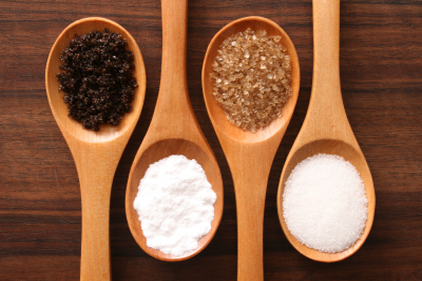In the "Position of the Academy of Nutrition and Dietetics: Use of Nutritive and Nonnutritive Sweeteners," published in the May issue of the Journal of the Academy of Nutrition and Dietetics, the academy concludes, "It is the position of the Academy of Nutrition and Dietetics that consumers can safely enjoy a range of nutritive sweeteners and nonnutritive sweeteners when consumed within an eating plan that is guided by current federal nutrition recommendations, such as the Dietary Guidelines for Americans and the Dietary Reference Intakes, as well as individual health goals and personal preference."
According to the position paper, greater consumption of foods and beverages with added sugars is associated with higher calorie intake, yet lower diet quality. The academy recommends limiting added sugar and states that nonnutritive (low-calorie) sweeteners are a safe way to restrict calories in the diet. The position paper details and supports the safety and benefits of acesulfame potassium, aspartame, monk fruit, neotame, polyols, saccharin, stevia and sucralose as sweeteners. On the topic of taste, the academy offered that "liking of sweet taste is innate" and that "preference for sweet taste may be genetic," rather than due to the consumption of low-calorie sweeteners, as some have alleged.
An abstract, podcast and full PDF of the position paper can be found on the academy's website. For more information, visit www.eatright.org.
From the May 30, 2012, Prepared Foods’ Daily Update
